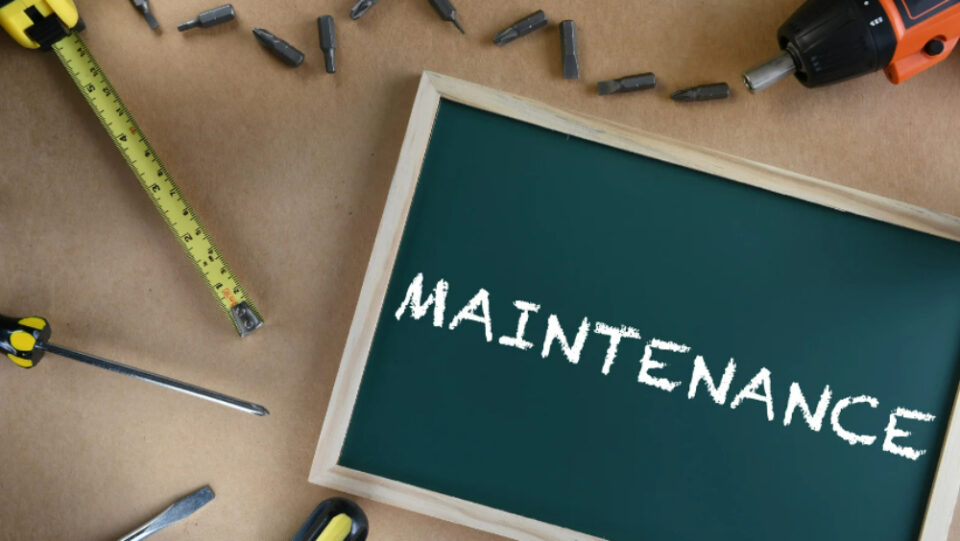Did you know that the gas lines in your vehicles play a crucial role in the overall functioning and safety of the car? Imagine driving on a busy highway, and your car suddenly stalls due to a gas line issue. Scary, right? In order to ensure a smooth and safe ride, it is absolutely vital for automotive repair shops, fleet managers, and other businesses in the industry to regularly inspect and maintain their car gas lines. In this article, we will discuss the importance of gas line upkeep and provide some valuable tips for proper maintenance.
The Key Role of Car Gas Lines
Car gas lines serve as the conduit between the fuel tank and the engine. The fuel pump pushes the gas from the tank to the engine through these lines, where it gets mixed with air and ignited, powering the vehicle. As these lines are exposed to harsh weather, moisture, and other contaminants over time, they can become compromised. This is where experts in car gas line repair step in to ensure your vehicle stays in top-notch condition.
Recognizing Common Gas Line Issues
Regular inspection of gas lines allows automotive professionals to identify a variety of issues that are likely to have an impact on vehicle performance. Some common symptoms of faulty gas lines include a drop in fuel efficiency, fuel smells, difficulties starting the engine, and visible signs of damage along the line. If left untreated, these issues can lead to more serious damage, costly repairs, and even life-threatening accidents.
Tips for Proper Gas Line Maintenance
As an automotive professional, it’s essential to integrate some crucial maintenance steps into your service routine to ensure optimal performance and safety of the vehicles you oversee:
- Regular inspections: The most effective way to prevent gas line issues is to perform routine inspections, checking for any indications of damage or wear. If any issues are identified, address them immediately to avoid more complex and expensive repairs down the line.
- Use quality fuel: Encourage your customers to use high-quality fuel, as it can help prevent the buildup of contaminants within the gas lines, resulting in improved performance and longevity.
- Replace old gas lines: Gas lines have a lifespan, so if the lines are approaching the end of their expected usage, consider replacing them to avoid potential problems.
- Invest in proper equipment: Equip your repair shop with cutting-edge car gas line repair tools and equipment to ensure efficiency and accuracy when carrying out gas line repairs and maintenance.
In Conclusion
Neglecting the importance of regular inspection and maintenance of car gas lines can lead to a wide range of problems, increased repair costs, and compromised safety. By incorporating routine checks, using quality fuel, replacing old gas lines, and investing in proper equipment, automotive professionals can ensure that vehicles remain in top condition and minimize the risk of gas-line-related issues. Remember, prevention is key – proactive maintenance can save time and money in the long run while enhancing vehicle safety and performance.

